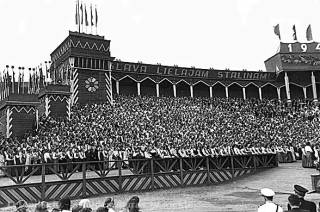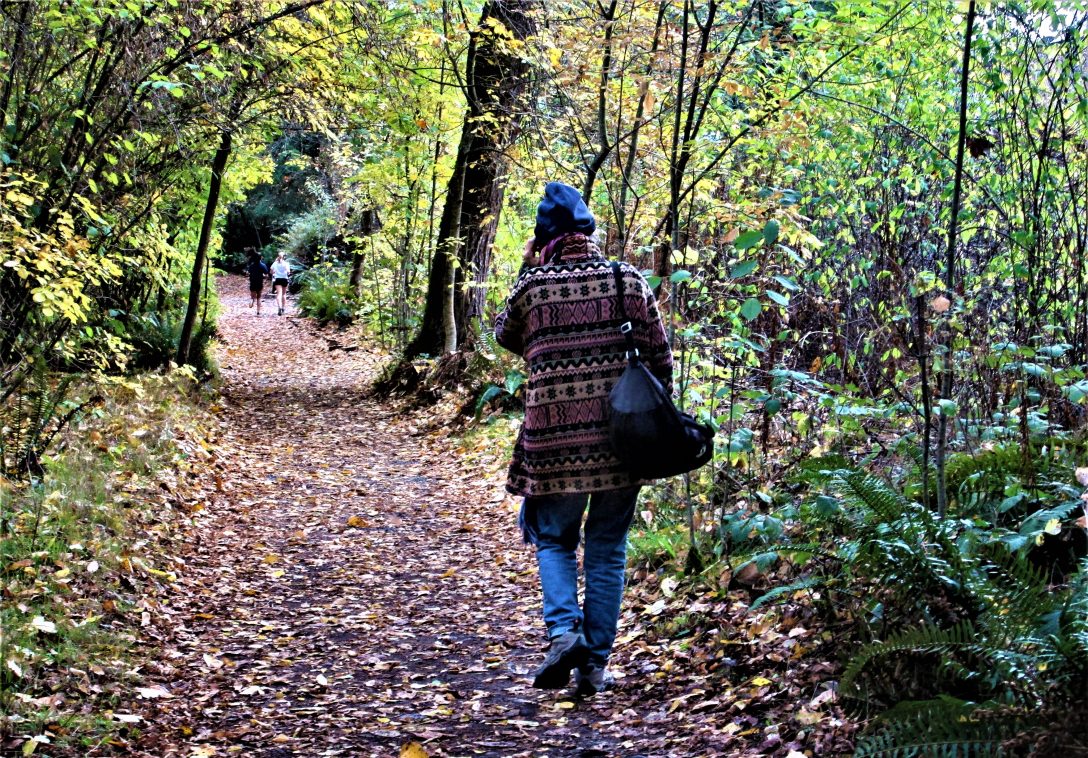
Latvians are a singing people. My mother often broke into song at home. Every community around the world that has a sizable (more than one?) Latvian population has a choir that sings in churches and performs at concerts on special occasions, such as Latvia’s Independence Day. Every five years, since 1873 national song festivals have been held in Riga. Latvians from all over the world flock to their ancestral homeland to attend these joyous celebrations of our music.

The festivals went on even during the years refugees spent in Displaced Person camps in Germany, during the Soviet occupation of Latvia, and in our countries of refuge, the United States, Canada, Australia, and elsewhere in the free West.

One of my kind-hearted followers wondered if singing helped Latvians survive the horror of 1941. I can’t say for sure, but it seems reasonable. Singing helped slaves in the American South survive the horrors of slavery. Soldiers and sailors sing. Peasants sing in the fields. Boatmen on the Volga sing while hauling boats down the river. Science has confirmed the efficacy of music in helping people heal both mentally and physically.
I was able to attend a Song Festival in Rīga during the waning years of the Soviet occupation. Memories of the Grand Finale Concert are still vivid in my mind. Hundreds of us gathered in an esplanade in Mežaparks in Rīga. I think all of us were rattled when two or three small planes flew over the audience. They were probably just taking photos. But why would so many planes be necessary for that? Refugees and descendants of refugees tend to be justifiably paranoid. After the choristers had taken their places on the stage soldiers and sailors marched on from the same entrances. We have expected them to turn their guns on us.
Most of the songs on the program were ones I didn’t recognize. Any reminders of a free Latvia were strictly forbidden. Needless to say, that included the traditional national anthem. But all the “foreign,” visitors recognized at least one song, our unofficial anthem, which is sung in Latvian cultural centers around the globe. Unlike the real one, it’s not about God blessing Latvia, our precious homeland. It’s about a drinking, horse-racing young man who sails to Kurzeme (Courland) in hopes of winning a bride who’s been promised to him by her mother. A promise that the mother breaks because of the young man’s unsavory habits. I couldn’t tell if everybody cried. My eyes were full of tears.
Why has this song about a young wastrel become our unofficial anthem? In part, because of its innocuous lyrics, which the authorities saw no reason to banish. Or because of its wistful music. Because everybody wants to be in Courland. Maybe even because Courland was the last holdout against the invading Soviets.
Singing unites Latvians in good times and bad.


